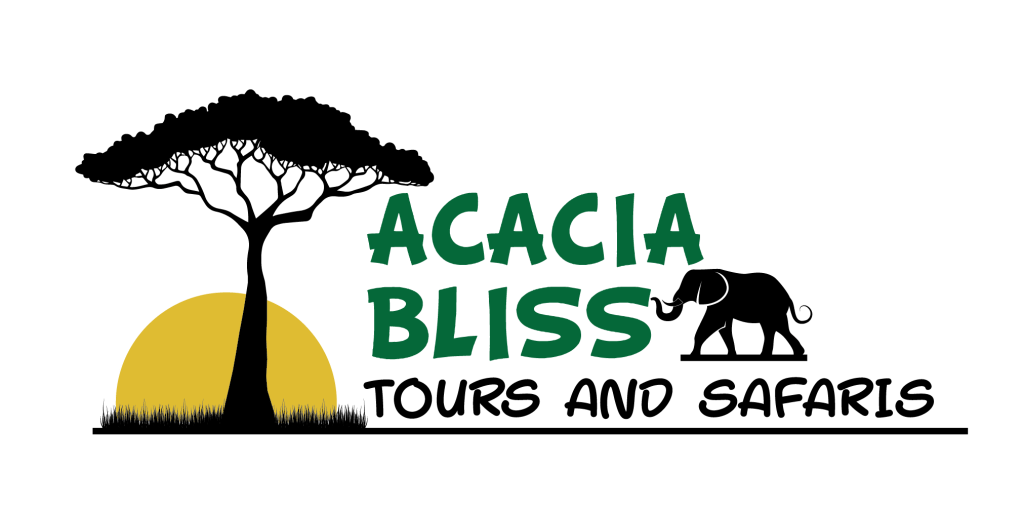Wildlife Safari
- 4 Days Wildlife Budget Safari
- 5 Days Cultural Luxury Drive-in Safari
- 6 Days Best of Tanzania Safari
- 7 Days Great Migration Experience
- 8 Days Safari & Beach Holiday
- 9 Days Honeymoon Safari & Zanzibar Beach
- 10 Days Culture Experience, Landscape and Wildlife
- 12 Days Ultimate Wildlife Photography Safari
- 13 Days Tanzania Safari and Zanzibar Beach Holiday
- 14 Days African Safari and Zanzibar Beach Escape
- 14 Days Budget Wildlife Drive in Safari
Experiences
Mount Kilimanjaro
Destination
Tanzania’s Premier Tour Operator
- Acacia Bliss
- Wildlife Safaris
- 4 Days Wildlife Budget Safari
- 5 Days Cultural Luxury Drive-in Safari
- 6 Days Best of Tanzania Safari
- 7 Days Great Migration Experience
- 8 Days Tanzania Safari & Beach Holiday
- 9 Days Northern Circuit Route
- 10 Days Culture Experience, Landscape and Wildlife
- 12 Days Ultimate Wildlife Photography Safari
- 13 Days Tanzania Safari and Zanzibar Beach Holiday
- 14 Days African Safari Adventure and Zanzibar Beach Escape
- 14 Days Budget Wildlife Drive in Safari
- Mount Kilimanjaro Trekking
- Tanzania Safaris Experiences
- Luxury Safari Experience
- Tanzania Safaris Destinations
- Beach Holiday
- Contact Us
Tanzania
Cultural Tour
Tanzania’s rich cultural legacy and breathtaking natural scenery may be experienced firsthand on a cultural safari with Acacia Bliss Tours and Safaris. Tanzania is renowned for its numerous ethnic groups, each of which has its own customs, dialects, and ways of life. A cultural safari usually entails going on excursions to nearby communities and tribes, such the Hadzabe, Datoga, and Maasai people, to learn about their traditional crafts, customs, and ways of life.
Maasai Culture
The Maasai are one of Tanzania’s most well-known ethnic groups, renowned for their distinctive customs and dress. Traditionally semi-nomadic pastoralists, the Maasai have a deep connection to their cattle, which play a central role in their culture and economy. Cattle are not only a source of food but also a symbol of wealth and social status. The Maasai are easily recognized by their colorful shukas (cloaks) and intricate beadwork, which often signify age, status, and identity within the community.
Maasai society is structured around age-sets, with important rituals marking the transition from one stage of life to the next. These include ceremonies such as circumcision and Eunoto (a ceremony marking the transition from warriorhood to elder status).
Datoga Culture
The Datoga people, sometimes spelled Datooga, are another notable ethnic group in Tanzania. They are traditionally agro-pastoralists, combining cattle herding with farming. The Datoga are known for their skills in metalwork, particularly blacksmithing. They craft traditional jewelry, weapons, and household items from metal, which are highly valued within and outside their community.
The Datoga are also recognizable by their distinctive facial scarification, which is both a cultural expression and a means of identifying clan and family lineage. The Datoga society is organized into clans, and they place a strong emphasis on social hierarchy and family ties. Like the Maasai, the Datoga have maintained many of their traditional practices, though they have also adapted to changing circumstances and influences over time.
Hadzabe Culture
The Hadzabe, also known as the Hadza, are one of the last remaining hunter-gatherer tribes in Tanzania and the world. They live in the Lake Eyasi region, and their way of life has remained largely unchanged for thousands of years. The Hadzabe are known for their deep knowledge of the natural environment, which they rely on for hunting game and gathering wild fruits, roots, and honey.
The Hadzabe speak a unique click language, one of the few remaining click languages in the world. Their social structure is highly egalitarian, with no formal leaders and a communal approach to sharing resources. The Hadzabe lead a nomadic lifestyle, moving in response to seasonal availability of food and water. They have a rich oral tradition, with stories, songs, and dances playing a central role in their culture.
Company
Get in touch
Arusha Tanzania
+255 762 039 839
info@acaciablisstours.com
We Chat (Scan)



